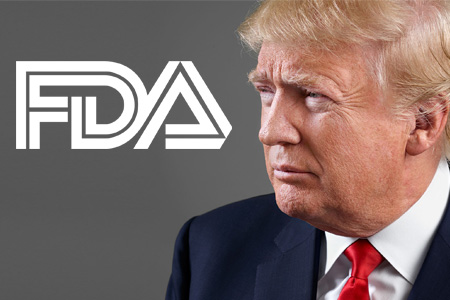President-elect Donald Trump has variously proposed plans for healthcare policy reform aimed at the following changes:
- The repeal of Obamacare.
- Enhancing private insurance competitiveness by national control of insurance that will provide health insurance coverage and affordability.
- Controlling drug prices.
Trump has a robust directive to negotiate a solution with Congress; first because of his strong showing among middle class voters and, second, because of his unexpected ‘coat-tails’ that saved Republican seats in the Senate. He is also not tied to the conservative or ‘Tea Party’ side of the Republican Party and thus, has the potential opportunity to reach across the aisle to achieve compromise solutions. He has a strong position to implement healthcare plans through both executive and Congressional action.
In short, while drug companies are producing remarkable innovations such as cures for hepatitis C and drugs that enlist the immune system to combat cancers, the healthcare sector faces an uncertain but potentially significant change in cost-containment pressures. This memo describes Trump’s key healthcare proposals.
FDA Changes
Since the electoral win, Donald Trump has been a bit more opaque on how he would deal with the FDA. Certainly, he is clear about his disdain for big government and the need for less bureaucracy. Last September, he took the FDA to task with respect to their regulations for the food industry:
“The FDA Food Police, which dictates how the federal government expects farmers to produce fruits and vegetables, even dictates the nutritional value of dog food. The rules govern the soil farmers use, farm and food production hygiene, food packaging, food temperature and even what animals can roam which fields and when. It also greatly increased inspections of food “facilities” and levies new taxes to pay for this inspection overkill.”
But whether that rhetoric was just for the campaign remains to be seen.
As with the executive order last week on a federal hiring freeze, the Trump administration provided few details on how, precisely, the latest one would be implemented. That absence of immediate detail could create grave anxiety at the FDA, which administers federal law on food safety, drugs, cosmetics, and more.
In particular, the order could have consequences for the legions of lawmakers, lobbyists, and patient advocates who seek to implement the 21st Century Cures Act, the hard-won legislation that was among the last bills signed into law by President Barack Obama.
The law is designed to speed the introduction of new medical treatments by accelerating some FDA approval processes and boosting federal funding. For more on President Trump’s Promise to Streamline FDA and its Impacts on Food Safety and Drug Regulations. Join Norma Skolnik in a Live Audio Webinar titled, “Implications of the Trump Administration on the FDA.” During the session, Norma will update you with the new changes and the implications of his Secretary of Health & Human Service appointee Tom Price. You will also get a little background on Tom Price with other potential candidates for FDA.
Source Link: https://www.forbes.com/sites/johnlamattina/2016/11/14/donald-trump-and-the-fda/#1774886e4776


